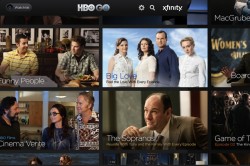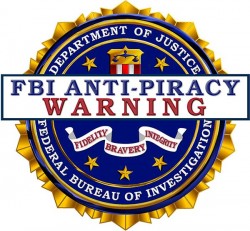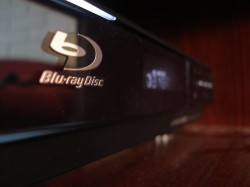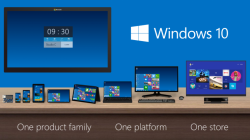Another really quiet week until the last couple of days … might have to rethink when to write this WNR in the future. It seems I’m not the only one that slacks off and wait until the end of the week to get everything done.
Let’s get started!
![]()

Freemium isn’t just for stupid EA games that make you have the urge to spend real money on fake stuff … piracy is also a form of premium
Freemium is becoming annoyingly popular these days. From office applications to greedy EA games that makes you want to spend your hard earned dollars buying useless virtual things like donuts and squeaky voiced teens. But did you know that freemium has existed years before it was known as freemium, and that piracy is actually a form of it? I didn’t know or think of it that way either until Microsoft’s CEO, of all people, explained why piracy may be the oldest form of freemium yet.
You see, just because people don’t pay for Windows or Office, it doesn’t mean that they may not eventually pay, for new versions or upgrades. If they do pay, then piracy becomes a form of promotion, seducing the user with its zero initial outlay and then eventually encouraging users to want to pay for future versions because they’ve already invested so much time and energy into learning the software.
With competition in every software sector becoming more and more fierce, piracy may just be another form of advertising, where paper losses due to piracy is turned into promotional spending to help increase the user base and maintain a dominant market position. Change the word “piracy” in the previous sentence to “the freemium model”, and isn’t this exactly how freemium works?
——
An update to last week’s news story regarding the new Google anti-piracy ranking changes. TorrentFreak has looked into the results of the new downgrading scheme and this new one is apparently much more potent than previous efforts by Google. Looking at the “search engine visibility” of top US and UK torrent sites (that is, how easy is it to find results from these sites in the search engines), the new algorithm change coincides with a visibility drop of more than half for sites like torrentz.eu.
Of course, big search engine sites don’t really depend much on search engine traffic at all. Most of their traffic are direct traffic, which is simply people entering the site’s URL directly into the browser (or via bookmarks). Even if Google completely removes sites like The Pirate Bay from the search results, traffic to TPB will still be strong (and if the same kind of demotion happens equally to other competing torrent sites, then the theory is that traffic to TPB might even increase as more people, frustrated with the search results, will simply change their behaviour and directly visit the big torrent sites. The current changes actually benefit smaller torrent sites, those that have not been the target of a sustained DMCA take-down effort, and will naturally rise in the search ranks to become the top results.
But whatever makes the rightsholders happy I suppose.
——
I want to cover this in more detail next week, but the Court of Justice of the European Union has just handed down a landmark decision in which it was declared that you cannot commit copyright infringement by simply embedding videos onto your website, even if the video contained unauthorised content. As usual with these kind of landmark decision, the case upon which it was decided was a distinctly eccentric one, one that on first glance has almost nothing to do with copyright – that one of the plaintiffs was a water filtering company, and not a Hollywood studio, says everything really. But the Court of Justice of the European Union’s job is to interpret law, and their interpretation is that embedding is not a new act of communication, but rather, just the same communication, in a slightly different form, of the original upload. A common sense decision that finally puts a limit on just how far the “trickle down” effects goes when it comes to who you can sue for an upload (if an embed is liable, then how about a link to the page that contains the embed, and so on and so on). Anyway, more on this and the reaction in next week’s WNR.
![]()
Everyone knows that the PS4 is doing pretty well, and doing better than the Xbox One. But how much better, no one really knows. Ars Technica tried to answer the unanswerable, and they’ve come up with a pretty good answer, considering – worldwide PS4 sales are at least 40% more than that of the Xbox One.
I’ll leave you to read the whole article on how Ars Technica came up with these numbers, but there is no doubt that the PS4 is ahead of the Xbox One and by a considerable margin at this time. If I had to make a bet right now, it has to be on the PS4 being the winner of this generation. It has already won the battle of perception, with most believing it is a better value console than the Xbox One (not just in pure price terms, but in terms of features and performance too), and this is the most important battle to win!
——
Alright, that’s enough for this week. See you again in 168 hours (plus or minus a few hours).









